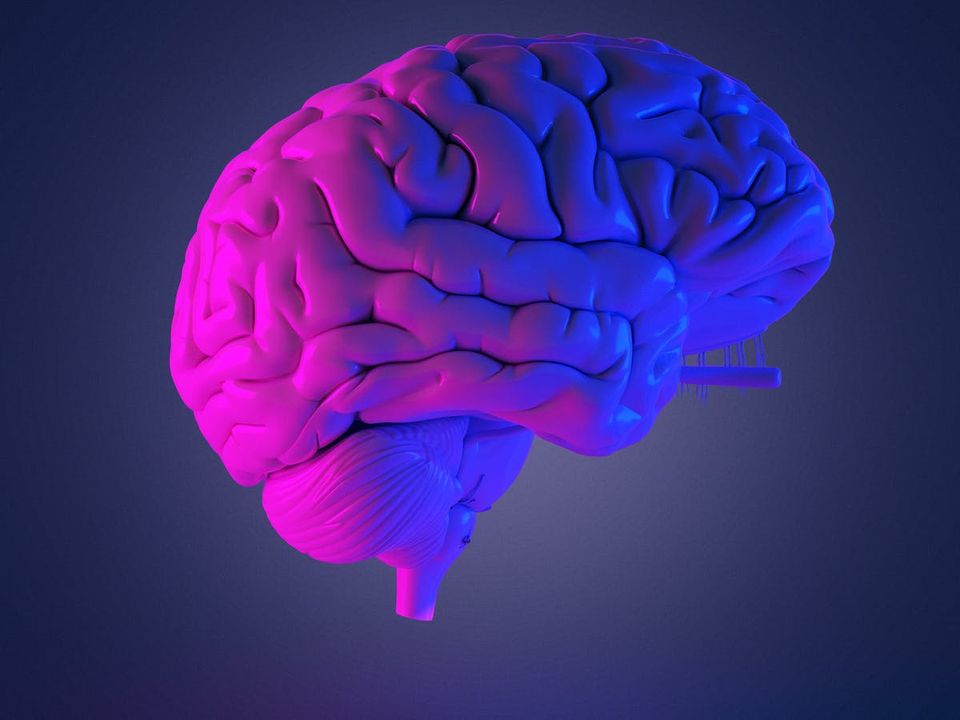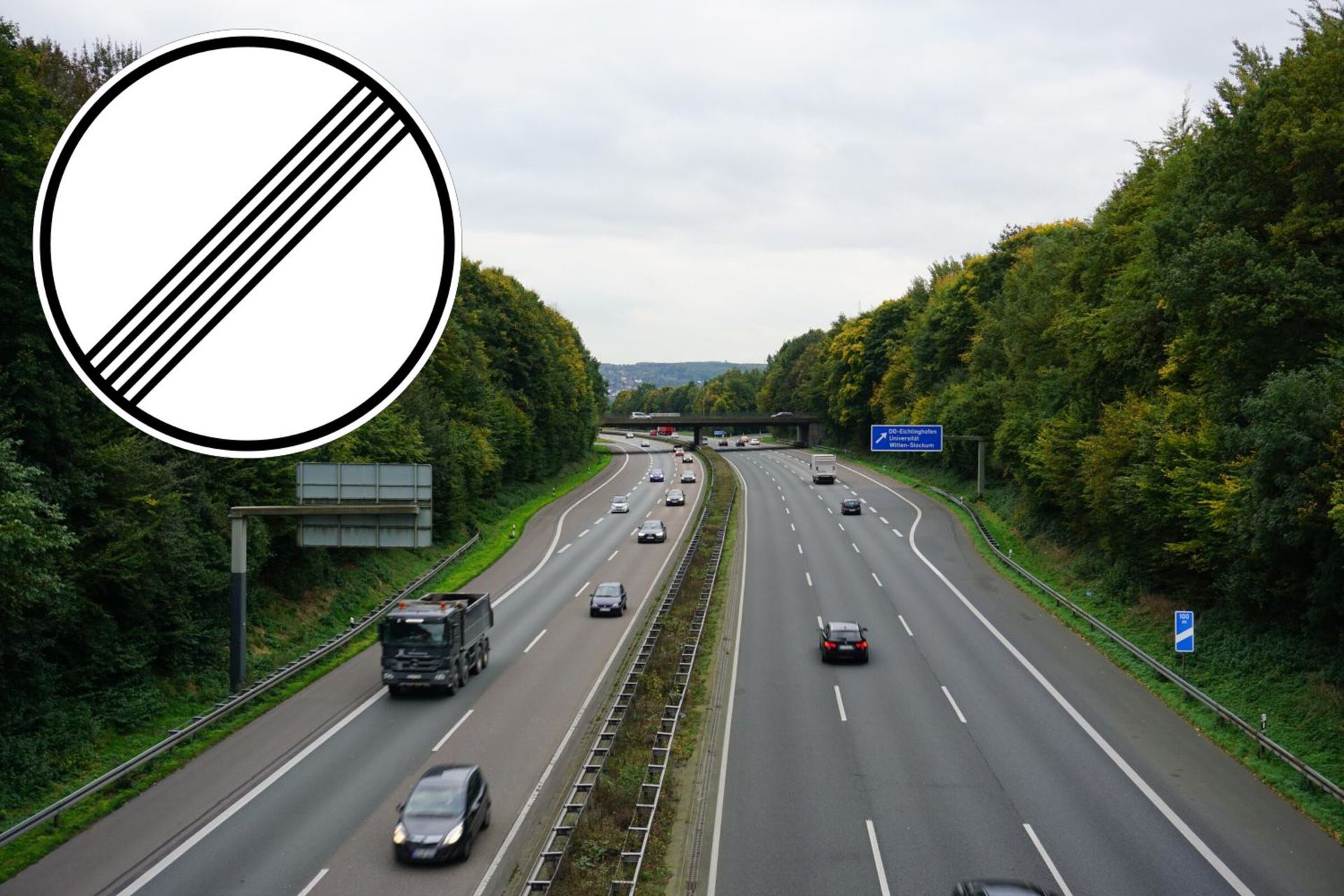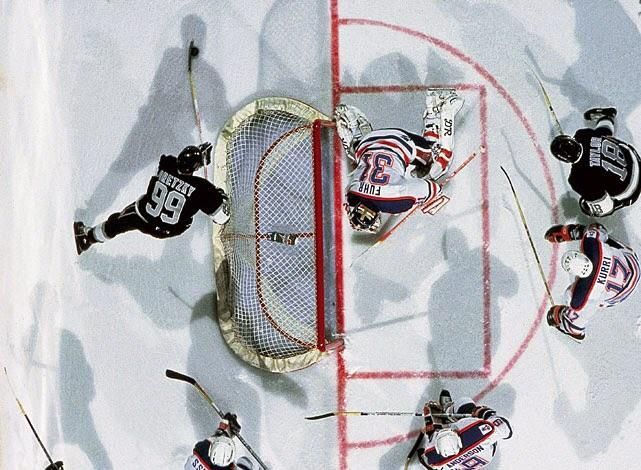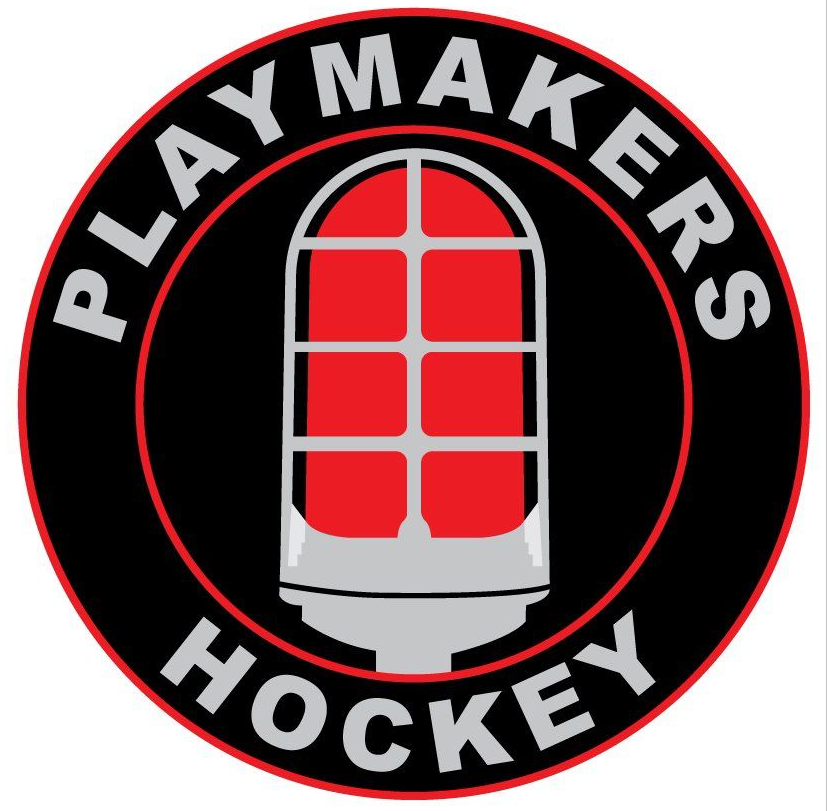Skills for Show vs Dough
Anthony Attanucci • November 11, 2020
Developing the Skills that Matter

The buzz these days is all about skill development. Which is certainly a good thing! Every component of game success can be broken down into the skills required to execute. But what skills? And how do we practice them? Skills for SHOW? or Skills for DOUGH? While there may be some overlap, the skills for DOUGH can sometimes be overlooked entirely because they don’t receive lots of clicks and likes in the social-media-driven world. This has directly resulted in skill development coaches thinking they HAVE to focus on the SHOW in order to keep up with the Instagram hype fest to impress the uninformed.
For example: social media videos and skill development sessions are saturated with players performing SLOW, TRICK-BASED, COMPLETE-THE-COURSE, BLOCK style drills with “training apparatuses” all over the ice while players & coaches seek highlights or video content that provide players with zero-to-minimal game transferability. Many of these situations NEVER happen in an actual hockey game. The result is we have a bunch of highly skilled practice all-star robots that don’t seem to translate much of their talent to game success. Remember, there’s two teams on the ice, and both have just as much impact on the outcome of every situation throughout the games. So when the course has been altered or even obliterated by the opposition and players are forced to problem solve and execute at game speed, can they do it?
So how do we create players with game habits, skills, and hockey IQ?
This answer is rather simple:
Identify what happens in the game. Then, identify what works. Practice what works. Master what works. Use what works.
Speed Kills - Want to be fast? Train fast to get faster.
(Note: not all on-ice deficiencies require on-ice solutions)
Resiliency - Want to handle anything? Practice problem solving & imperfect skills.
Vision - Want to see the ice better? Implement scanning components into drills.
IQ is #1 - Want better hockey brains? Study the game, watch more, use drills with creative exploration, unpredictability, and problem solving, or find a mentor.
Additionally with regard to Hockey IQ - as a coach, evaluator, and recruiter the most important attribute (outside of the non-negotiable character traits, i.e. competitive spirit, good person, etc.) that myself and other coaches want in a player at higher levels of hockey is hockey sense. Did you know that many recruiters are actually tracking decision-making ability when scouting games? They’re not just looking for the fastest skater (although that’s important), the best shot (although that’s important), the best hands (although that’s important). The skill that allows those other skills to operate effectively is hockey sense and processing ability (decision making) and the higher the level, the more important those hockey brains are to success.
There are consistent and reliable concepts and skills that produce results. There’s also a wide range of unpredictable situations and imperfect, reactionary skills that players must develop for success. We need to encourage fun and creativity while also being organized and preparing for long-term success through skills and habits that are effective in the situations presented in a hockey game. Save the tricks and the courses for the players’ free time. Even better, letting them create the tricks and the courses on their own builds creativity and ownership.
Build skills in a learning environment that includes game skills, game habits, and game-like decision making to really develop as an effective hockey player.
Tony Attanucci
More Posts



